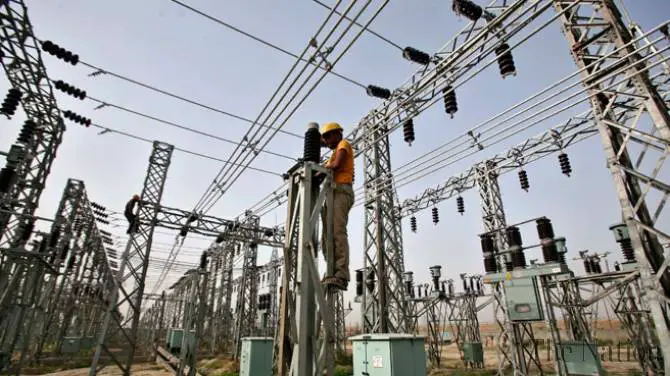The Nigerian Energy Support Programme (NESP) and the Standards Organisation of Nigeria (SON) have come together to create a strategic action to improve energy efficiency in Nigeria.
According to Dr. Paul Angya, the acting Director-General of SON, the agency will facilitate access to set up, information for consultants and support the technical committee for air condition standards and labels expected to support the creation and promotion of awareness in the country.
About 84 countries have already implemented the energy -efficient standards in terms of the kinds of air-conditioners and refrigerators that have been allowed in the domains, thus Nigeria cannot afford to lag behind in such a critical area.
SON has been part of the committee, and once the recommendations for energy efficiency in Nigeria get the green light it will be easier to implement throughout the country. In the meantime, lamps and refrigerators testing equipment have already been installed in SON and installation of air-conditioners testing equipment will soon follow.
“This would be done through the introduction of appropriate energy efficiency policies, measures and demand-side management programmes in order to strengthen the regulatory and institutional framework, develop monitor and enforce mechanisms, provide training to appliance and equipment professionals, and launch a public outreach campaign to promote energy efficiency in Nigeria,” said Dr Charles Diarra, Head of Unit, Energy Efficiency at Nigerian Energy Support Programme (NESP).
However, the energy efficiency initiative is focused on three main appliances, that is air conditioning, lamps and refrigerators with labels provided on each appliance, which identifies how much energy is been saved. NESP is willing to give its backing support to any resolution that will be reached to help both efficiency in energy use in the country and the safety of electrical appliances.
Nevertheless, the NESP had been active in the Nigerian economy, using various planks of engagement, including rural electrification, capacity development, energy policy and political reform support. The agency has also supported the training managers in energy management efficiency, under its auspices and over 45 participants from 20 countries have already undergone training.
Conferring to Richard Adewunmi, a technical committee representative, presented a perspective stressing that, it has become necessary for Nigeria to tinker how to maximise the little energy it is able to generate, in order to avoid waste.
Energy in Africa has in recent years attracted investments from within and foreign donors keen to tapping the dire shortage of power on the continent.
